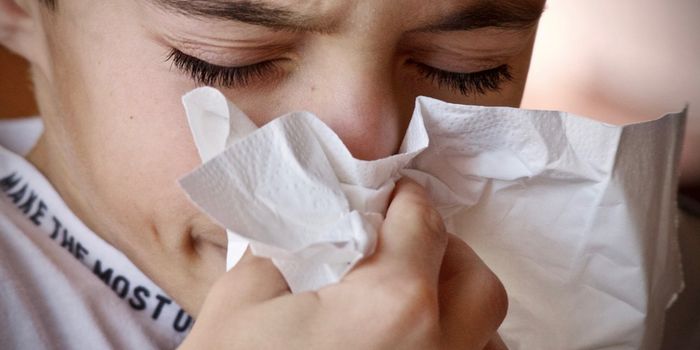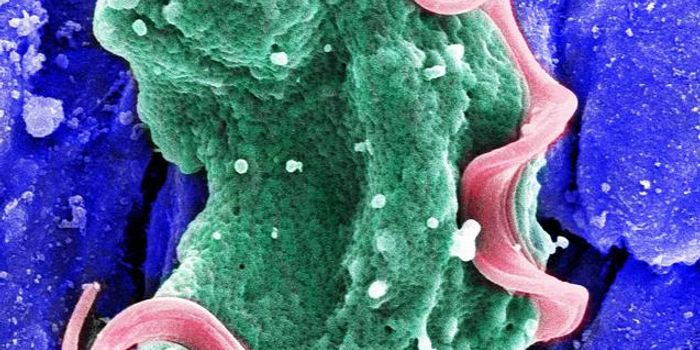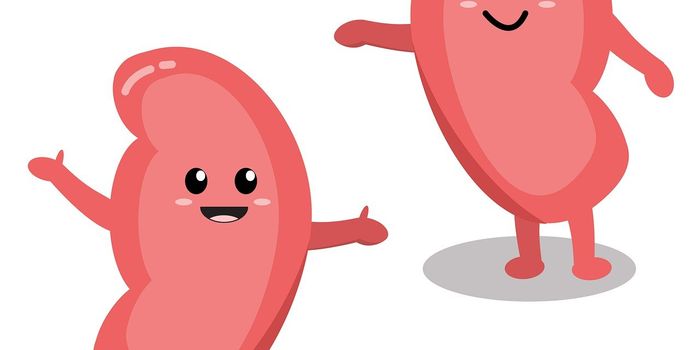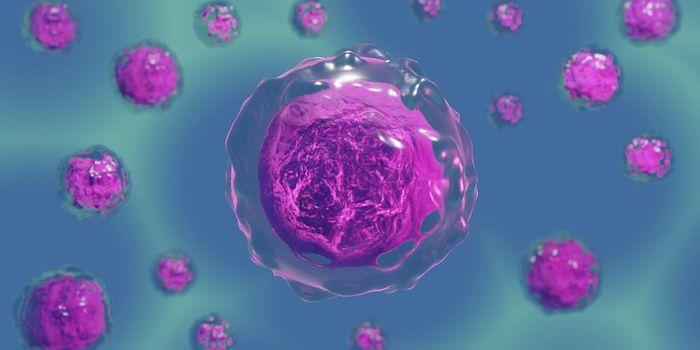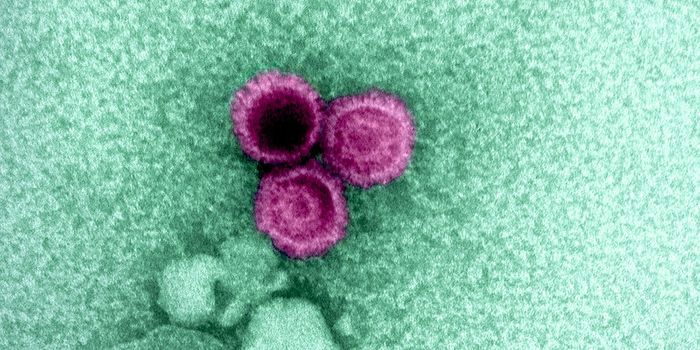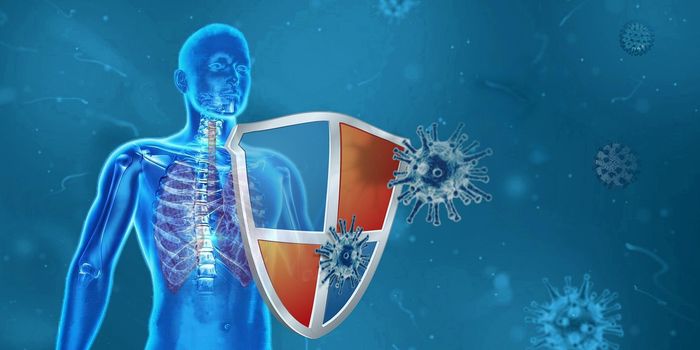New Initiative Launches Cell Research Program in Space
Space exploration has been part of American government funding for decades. With great progress and continued success, the National Aeronautics and Space Administration (NASA) is developing technology for humans to conveniently travel in space. The goal of space travel is accompanied with various barriers, including aerospace medicine. Although scientists have studied the immediate effects of the immune system of astronauts in space, cellular effects in the context of microgravity are still unclear. The understanding of how cells behave in a low gravity environment can help improve our knowledge of immune cells on earth. To understand more about our immune system on earth, scientists plan to study immune cells in space. A recent media announcement describes a new initiative developed by the University of Texas MD Anderson Cancer Center and other groups including, Axiom Space, BioServe Space technologies, Deep Space Biology, and Mongoose Bio, that will work to understand how our cells respond in a low gravity atmosphere.
The recent press release from The University of Texas MD Anderson Cancer Center stated that a new funded project will send immune cells to the International Space Station (ISS) for research. The immune cells that will be sent are known as T cells, responsible for the identification and targeting of foreign pathogens in the body. T cells will be sent to ISS to determine the effects of microgravity on cell maturation, activation, memory, and prolonged function. The results of experiments will then be analyzed to identify and investigate various intracellular signaling pathways that are upregulated in the microgravity condition. Additionally, potential immune targets will be assessed to further improve treatment options for patients with cancer and other diseases.
The project lead by Dr. Cassian Yee is a unique opportunity to study cells in an environment with sustained microgravity. Yee is a professor in the Department of Melanoma Medical Oncology and Director of Solid Tumor Cell Therapy Program at the University of Texas MD Anderson Cancer Center. His work focuses on mechanistic T cell biology and how these cells can be used to effectively treat cancer in the context of immunotherapy.
Axiom Space and BioServe Space Technologies serve as partners to help deliver and transport biological materials in and out of space. Both companies with years of experience will help coordinate the two-mission project to the ISS. The cell samples returning to earth will be analyzed using next generation sequencing technology to evaluate gene expression, as well as epigenetic changes to generate different cellular models. Additionally, Deep Space Biology and Mongoose Bio will use an artificial intelligence (AI) platform to further analyze the cryopreserved cells to translate and identify different markers for future cellular therapies.
Previous work has shown that microgravity can influence T cell function. However, there is little known about how microgravity affects T cell differentiation. Researchers in this study hope to progress the field of immunology by learning more about T cell differentiation and understanding the intracellular pathways that have the potential to improve immunotherapies. The collaborative, multidisciplinary, research project that combines space medicine and immunology is expected to generate and enhance novel therapeutic discoveries in cellular research.
Press, MD Anderson Cancer Center, Axiom Space, BioServe Space technologies, Deep Space Biology, Mongoose Bio, ISS, Cassian Yee, NASA

